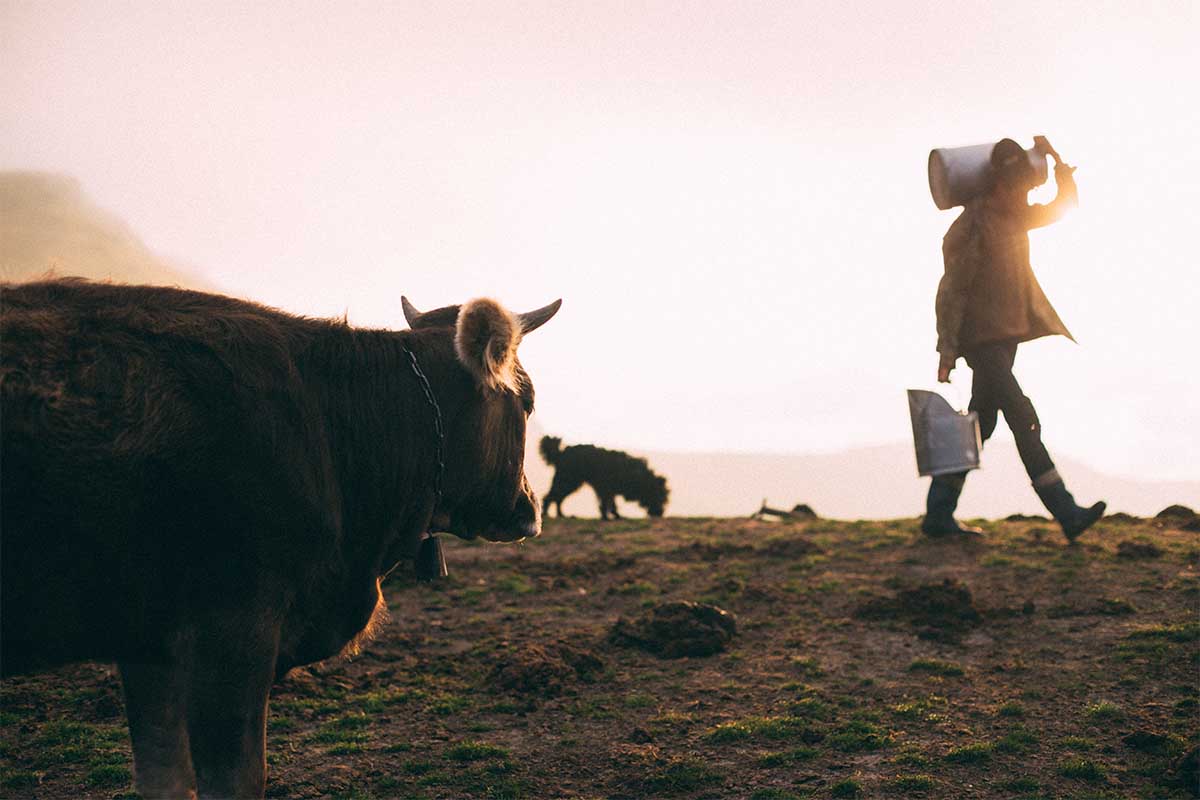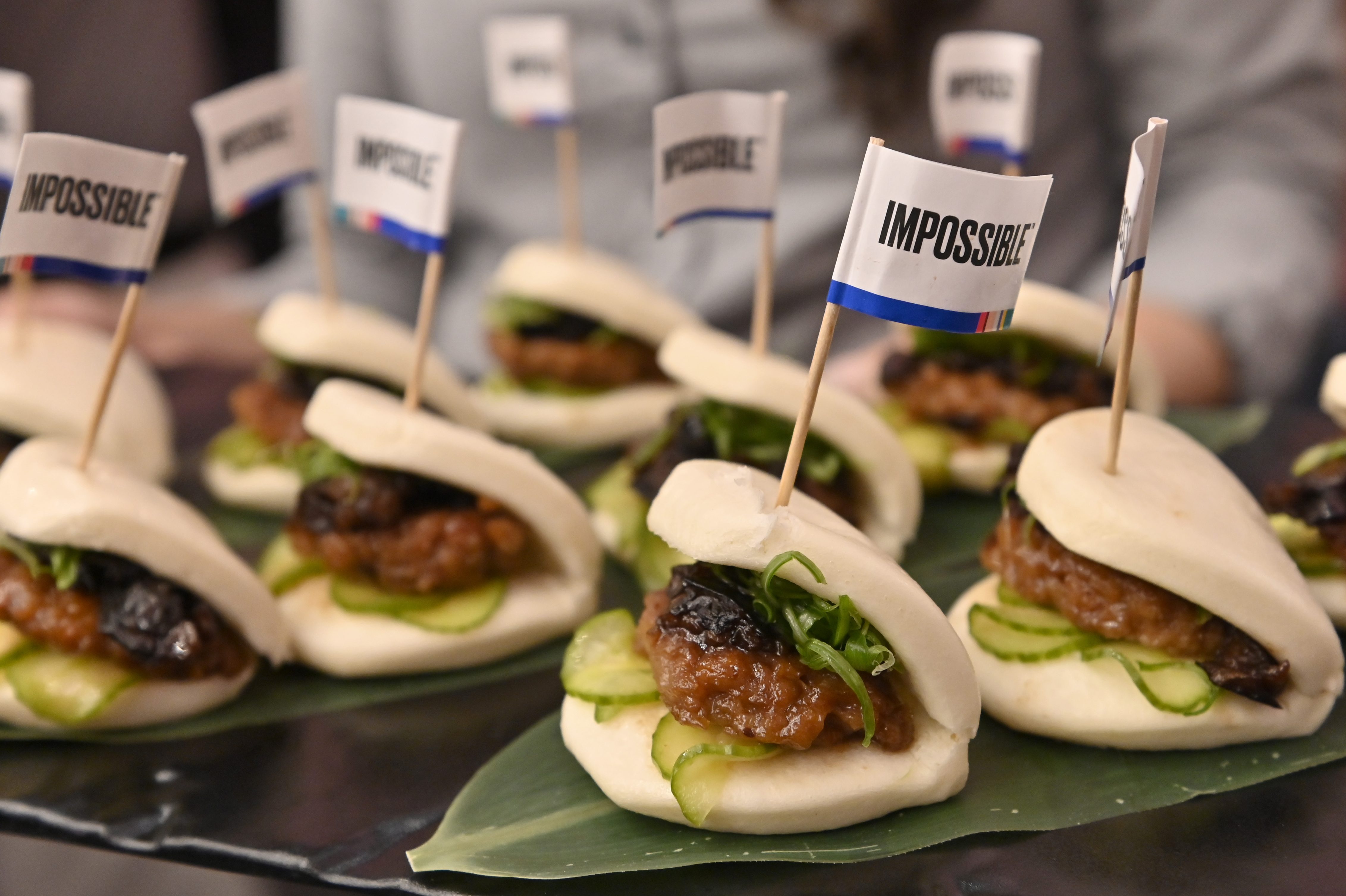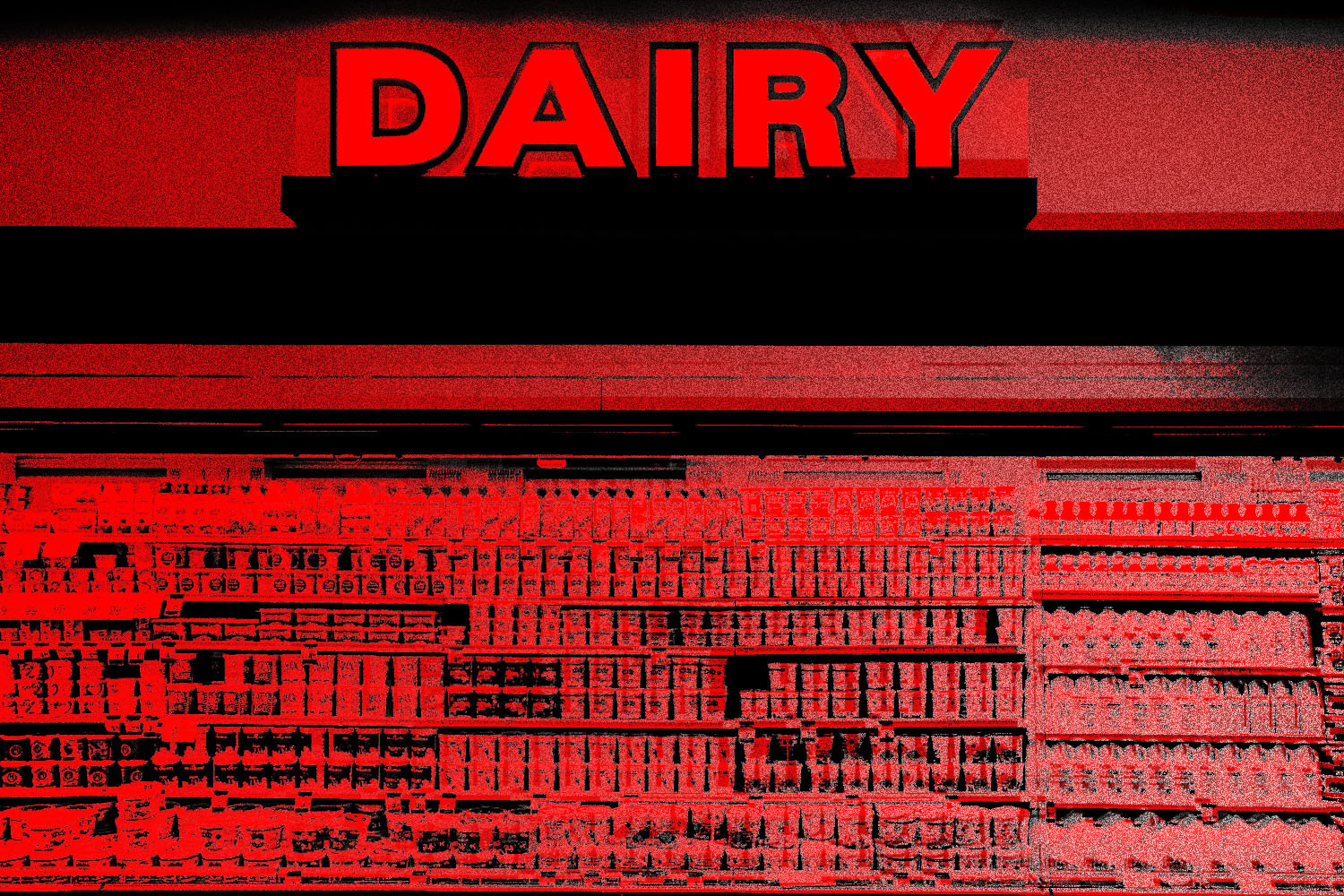Impossible dairy? You can now make milk, cheese and other dairy products in a lab (sans cows), according to New Scientist.
A slightly different concept than vegan “meat” or cultured meat (muscle tissue grown from stem cells), these dairy products are crafted using “precision fermentation” — a process that allows genetically engineered microorganisms to produce animal products that aren’t meat.
The first company to get a precision fermentation product on the market is Perfect Day. Here, a milk-making genetic blueprint from a cow is added to tiny organisms called microflora; those are fed plant sugars. Fermentation then allows the flora to convert those plant sugars to milk proteins. And you end up with animal-free but very real dairy products (ice cream is the core product for now, via companies like Brave Robot).
If you’re against factory farming, this could provide an alternative. And according to the company, Perfect Day’s whey protein production reduces greenhouse gas emissions by at least 85% and up to 97%, compared to conventional production methods. And as Josh Milburn of the University of Sheffield, UK, noted to New Scientist, cultured milk could also theoretically be healthier than the real thing; you could make it without antibiotics, lactose or hormones, and it’s less likely to be a carrier of food-borne infections.
So, can it be labeled dairy? The U.S. Food and Drug Administration has already allowed for genetically engineered chymosin (rennet) for making cheese since 1990. And the FDA also approved Perfect Day’s process last year — though how these products will be labeled around the world could be an issue. Some regulations in the UK and throughout the EU would seem to preclude precision fermentation in the definition of “milk,” which would relegate the products to non-dairy aisles and possibly prevent words like “milk” or “dairy” being used on the packaging.
While PD’s initial ice cream products seem to be going over well, don’t expect real cheese to be phased out. More artisanal cheeses derive their flavor from terroir and the skills of a cheesemaker; these cultured milk products are probably best suited for mass-market dairy products, like milk, ice cream or pizza toppings.
Join America's Fastest Growing Spirits Newsletter THE SPILL. Unlock all the reviews, recipes and revelry — and get 15% off award-winning La Tierra de Acre Mezcal.

















